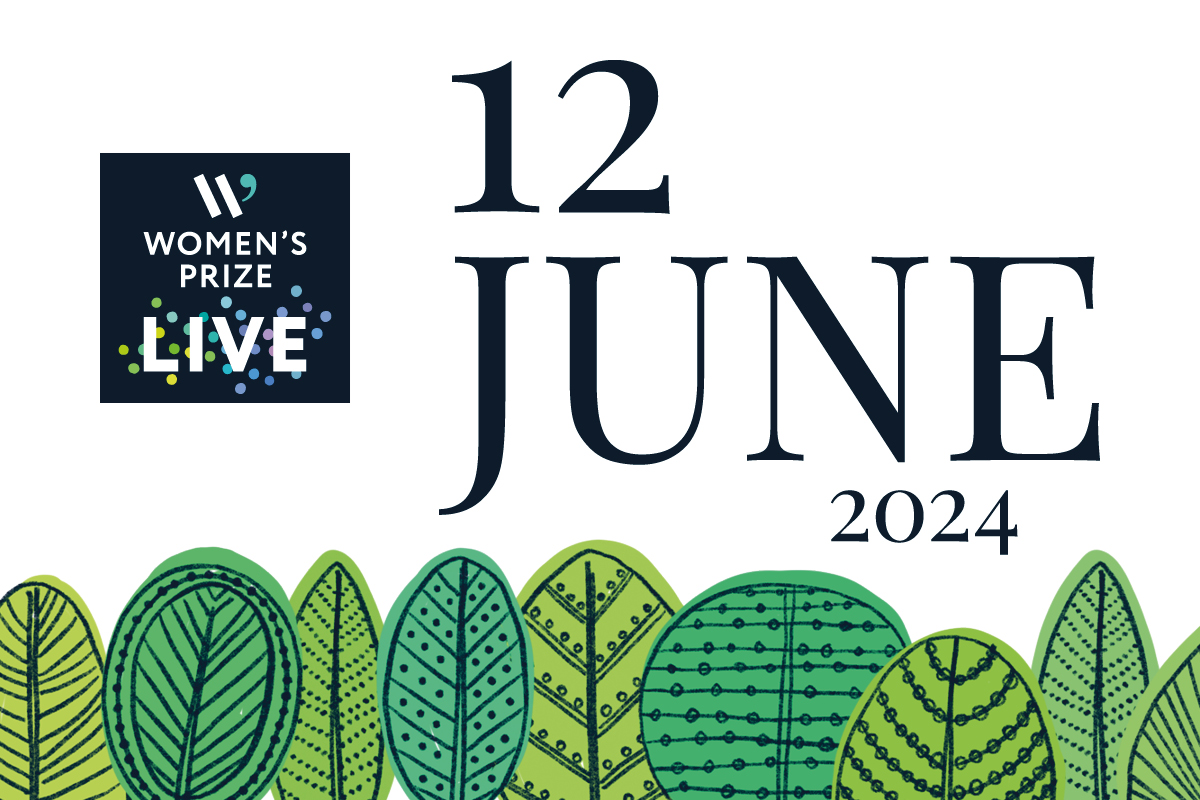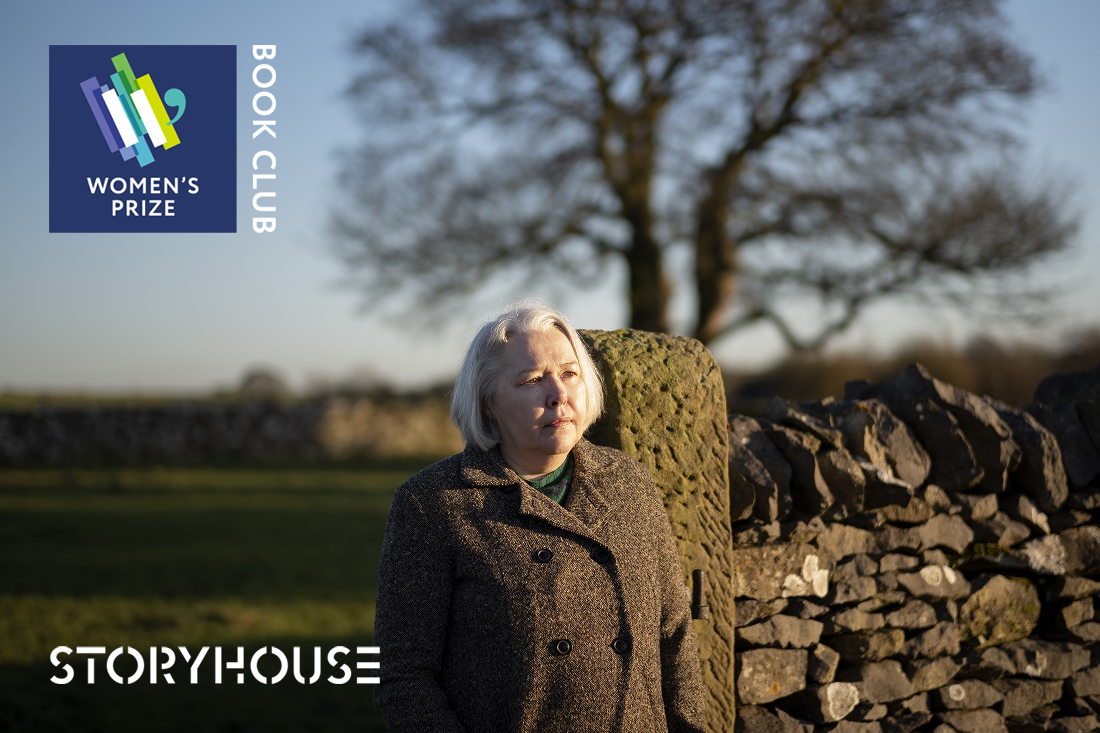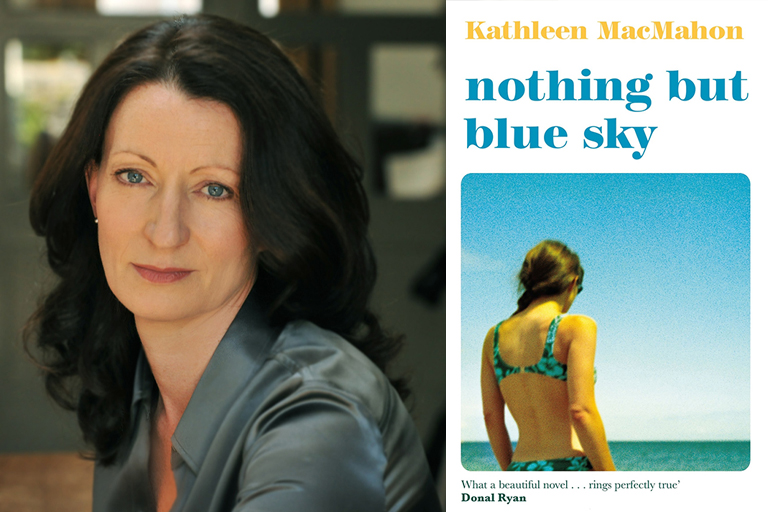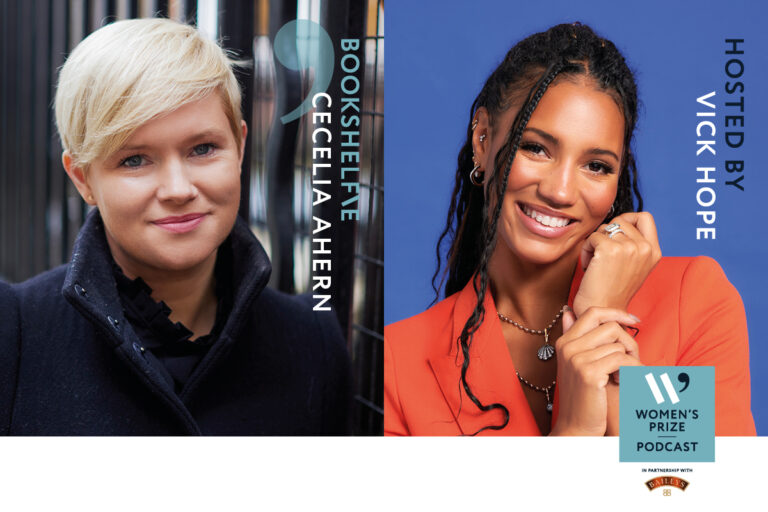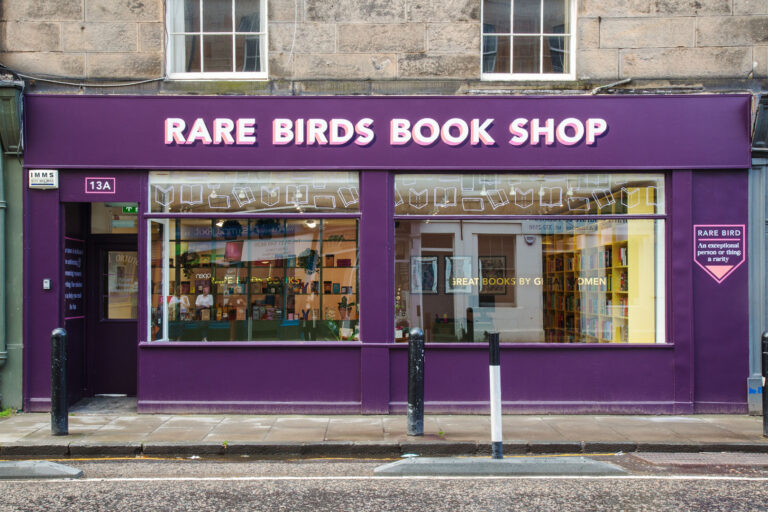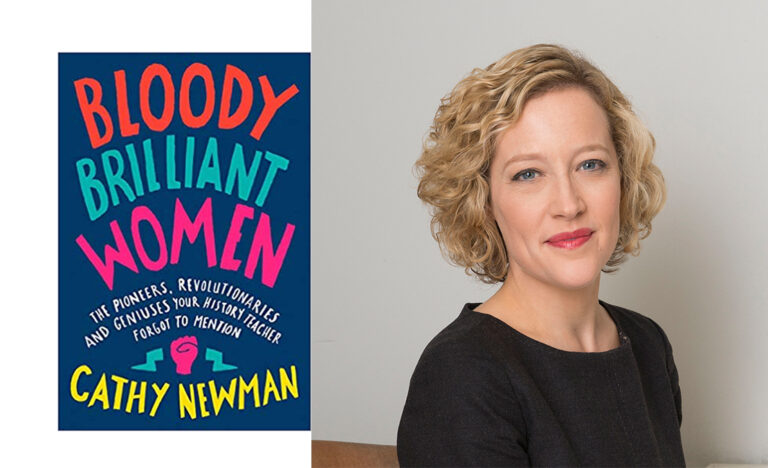Amanda Craig has been longlisted for the Women’s Prize for Fiction for The Golden Rule. We asked Amanda about the theme of female resilience, a strand that runs through her longlisted novel, and how resilience appears in some of her favourite fiction by women.
Heroines need resilience in so many aspects of life and here I wanted to cover five different arenas explored by contemporary women writers.
Imprisonment. This features strongly in women’s lives, whether heroines are locked up in lunatic asylums (Sarah Waters’ Fingersmith) prisons (Sara Collins’ The Confessions of Frannie Langton) a dystopian patriarchy (Margaret Atwood’s The Handmaid’s Tale) or just some kidnapper’s shed. Emma O’Donoghue’s Room, an account of the latter, is viscerally powerful. Told through the eyes of the heroine’s little son (himself the product of rape) it is a deeply affecting and ultimately uplifting account of how courage, cleverness and love save them both.
Bad Relationships. Abuse, coercive control and treachery, whether in families (Helen Dunmore’s 1996 Women’s Prize winner A Spell of Winter), relationships (Candice Carty-Williams’ Queenie) or motherhood (Lionel Shriver’s 2005 Women’s Prize winner We Need to Talk About Kevin) are often central to women’s need for resilience. One of the most powerful accounts of all, Elena Ferrante’s Days of Abandonment, depicts a betrayed wife and mother trying to cope alone with her children in a boiling hot flat and is so searingly vivid that it almost blisters your eyes.
Work. For women writers, the struggle to earn a living is often intertwined with professional endeavour, prejudice and overwhelming anxiety. Penelope Lively’s dying writer in Moontiger, AS Byatt’s Victorian poet in Possession and Olivia Sudjic’s Sympathy are all iterations of these problems. One of the best, and funniest, is Meg Wolitzer’s The Wife in which a woman married to a Nobel Prize-winning author who gradually reveals herself to be far less passive and more creative than is widely assumed.
War. Women supposedly ascribe to flight not fight, yet the number of fictional heroines embroiled in wars is rising. Helen Dunmore’s resourceful mother in Exposure, Jane Thynne’s counterfactual, book-obsessed Widowlands in Nazi-occupied Britain and Sarah Hall’s exhilarating all-female Carhullan Army all imagine female involvement in action. Edna O’Brien’s spare, heart-rending Girl is the opposite to these, inspired by the real-life kidnap and rape of Nigerian schoolgirls by Boko Haram, and a masterpiece.
Old Age. We need to celebrate becoming crones, liberated from embarrassment and convention like Jane Gardam’s Crusoe’s Daughter, Elizabeth Strout’s Olive Kitteridge and Alison Lurie’s Vinnie in Foreign Affairs. Of these, Lissa Evans’ ageing Suffragist Matty in Old Baggage is a particularly captivating, maddening and robust heroine from the moment she brings down the thief who has stolen her handbag on Hampstead Heath.


